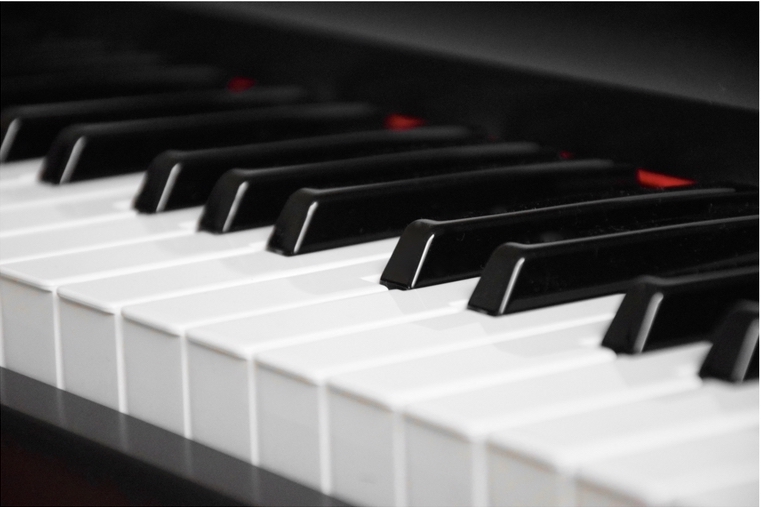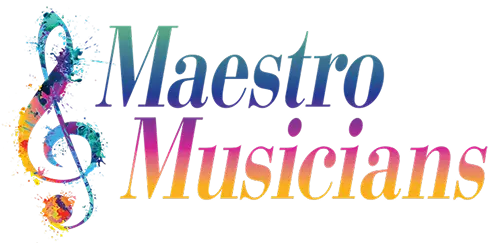
What is the Average Price of a Piano Lesson?
Many people are asking the question “What is the Average Price of a Piano Lesson”. We, at the Maestro Musicians Academy are often asked this question in our phone and e mail consultations. In fact, some callers immediately revert to this question from the first utterance after they dial! After all, it is only normal that you want to know what the market value is of a service you are purchasing, before you make the decision to move forward.
In this article, I will not just give you some numerical answers, but I will also elucidate the value of piano lessons, so that we slightly reframe the question from one asking about a mere number, to one asking about the return on investment.
Why? Because ultimately, you are purchasing a experience that results in a long-term investment in your child’s future – not a tangible product that can be discarded.
Broadly speaking, the way we take in-person Piano Lessons can be divided into two categories – “Private Studio” and “Music School”. We’re going to talk about both of these. It’s important to remember as well, that prices are often set regionally, based on local economies, and what a market can tolerate. As a result, the numbers I am going to give you might vary based on your location.
To help answer this question, I did an analysis of a piano teacher’s hourly rate from (hopefully) impartial recruitment websites, such as indeed.com, ziprecruiter.com, zippia.com, payscale.com, salary.com, and talent.com. I am running on the assumption that these sites aggregate data based on the past year’s job postings.
DISCLAIMER: IT IS CRUCIAL TO TAKE INTO ACCOUNT THE FACT THAT THESE RATES ARE WHAT TEACHERS GET PAID BY SCHOOLS – NOT NECESSARILY WHAT THEY CHARGE.
–
In the chart below, you will see the national averages I collected, as listed on March 17, 2022:
AVERAGE HOURLY WAGES FOR A PIANO TEACHER IN THE USA
Indeed: $32.55
Ziprecruiter: $31
Zippia: $26.47
Payscale: $34.79
Salary: $20
Talent: $29.50
Total Average USA Hourly Rate: $29.05
Be sure to keep in mind that this is the NATIONAL average. For instance, in my home state of Massachusetts, according to Ziprecuiter, Zippia, Indeed, and Talent, using the same methods above, the average hourly rate would be as high as $34.38. Massachusetts is an expensive place to live and undoubtedly, if we did an analysis based on a big city vs. rural area in Massachusetts, we would also have large fluctuations in the calculations.
Note that the wage numbers that I shared above reflect anyone from the college kid who lives with his mom and wants to make some extra bucks to a highly accomplished concert pianist who tours all around giving concerts.
What’s the Bottom Line? How Should I Interpret this Data? What do I do with this data?
And what does this mean for you? Before I answer that question, I am going to first give you my second full disclaimer:
I am a strong believer that music teachers deserve to get paid more than the national average – particularly those with the highest credentials and those with lots of experience. Although it sounds shamelessly self-serving, the reality is that my agenda DIRECTLY POSITIVELY IMPACTS YOUR EXPERIENCE!
Ultimately, the average market value of a service or product is not based on how we feel toward a cause, but what the basic supply and demand is for that product. Don’t get me wrong – quality is extremely important, and in music, it will ultimately determine whether or not it is worth your while (and pocketbook) to pay extra for your child’s music lessons. So let’s talk about what quality means, and why you might need to pay more!
1. A teacher with at least 2 years of daily or semi-daily experience should charge more. She or he has already proven the ability to stay afloat in the market and navigate through the right method books for children. This teacher also likely has a good rapport with kids, if he or she continues to get students. The more years of experience a teacher has with kids, the more she/he is worth in the market. I cannot stress enough how important reputation and references are. Do your homework!
2. A teacher with at least a Bachelor of Music should charge more. Many in the general public have no idea how difficult and grueling music programs are – and even more so as you climb the ranks into graduate school. These teachers spend HOURS refining their craft and learning the intricacies of their instruments.
3. When you are hiring a music teacher, you are either paying for the hourly rate above PLUS a) The overhead that the private studio owner needs to maintain his or her studio and feed his or her family or b) The overhead that the school owner needs to stay in business and run the business. The cost of goods (ie: running the lessons) is a separate factor to the hourly wage.
Takeaway: Because of the reasons above, do not be surprised if a school or private studio has to charge as much as DOUBLE the going rate for hiring a music teacher in your neighborhood. Teachers have to eat businesses have to keep the lights on, and quality of service will be impacted by what a teacher can bring home.
How does this all translate into value? What’s in it for the student and his/her family?
Ultimately a healthy society functions on an economy that results in items or services of value that are exchanged between consenting individuals. If you are looking for information about music lessons, the odds are that you already value what these lessons can bring to you or your child. You already know on a gut level how important music is to your family and you already know that developing this skill is worth it. As a result, you owe it to yourself not to be cheap or skimp on what YOU need. If you are looking for a bargain, you’re going to get a lower quality product and regret the time (and money!) lost in the long-term. Don’t be that guy! In less than one year (often 6-9 months) when you see your child get up on stage for the first time and perform his or her first piece, you’ll thank your teacher for all the hard work he/she put into your son’s or daughter’s progress. And don’t forget….No matter what your age, music lessons have LIFELONG benefits, and whether it’s spiritual, intellectual, emotional, or social, music is the gift that keeps on giving….and that’s PRICELESS!
